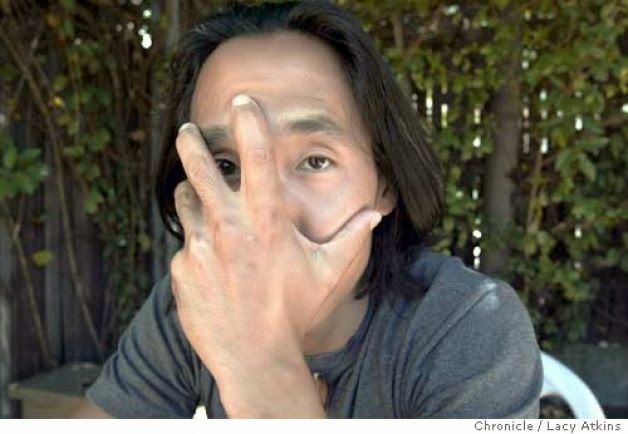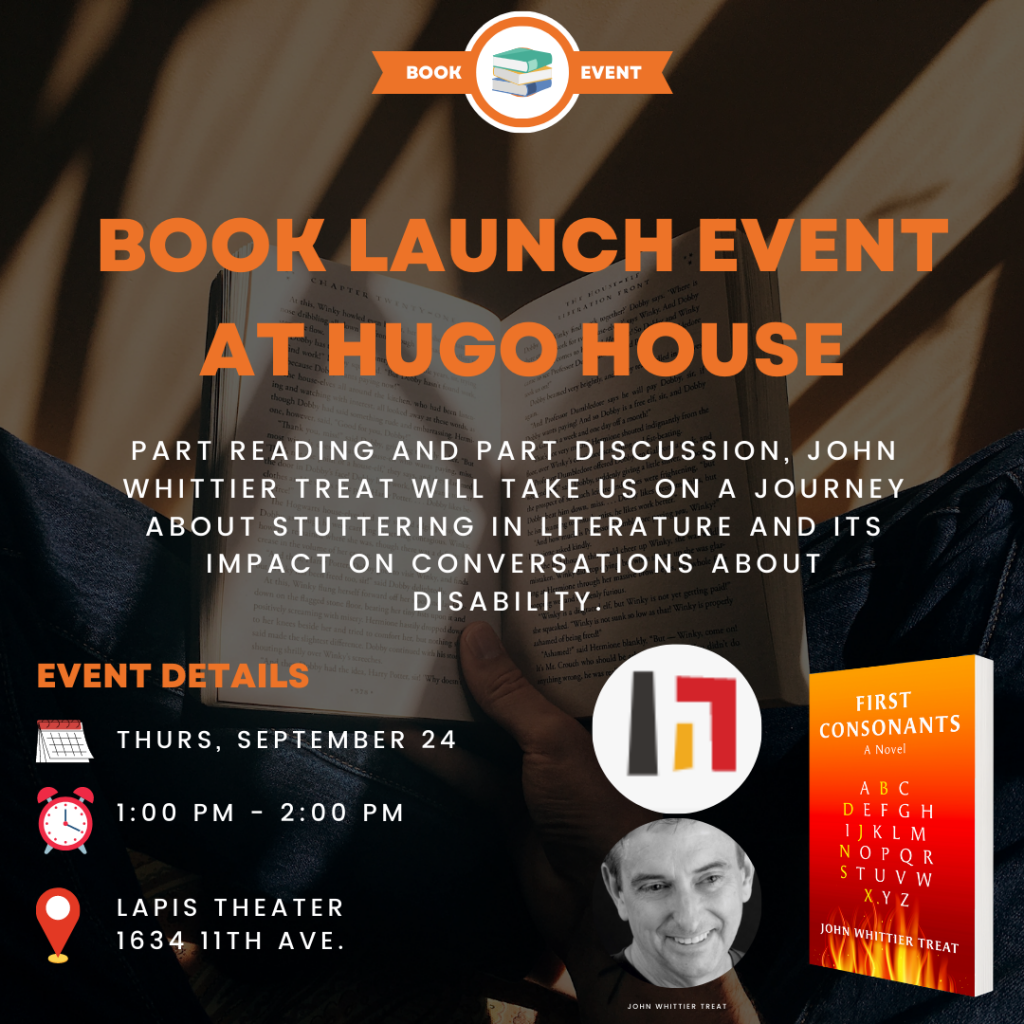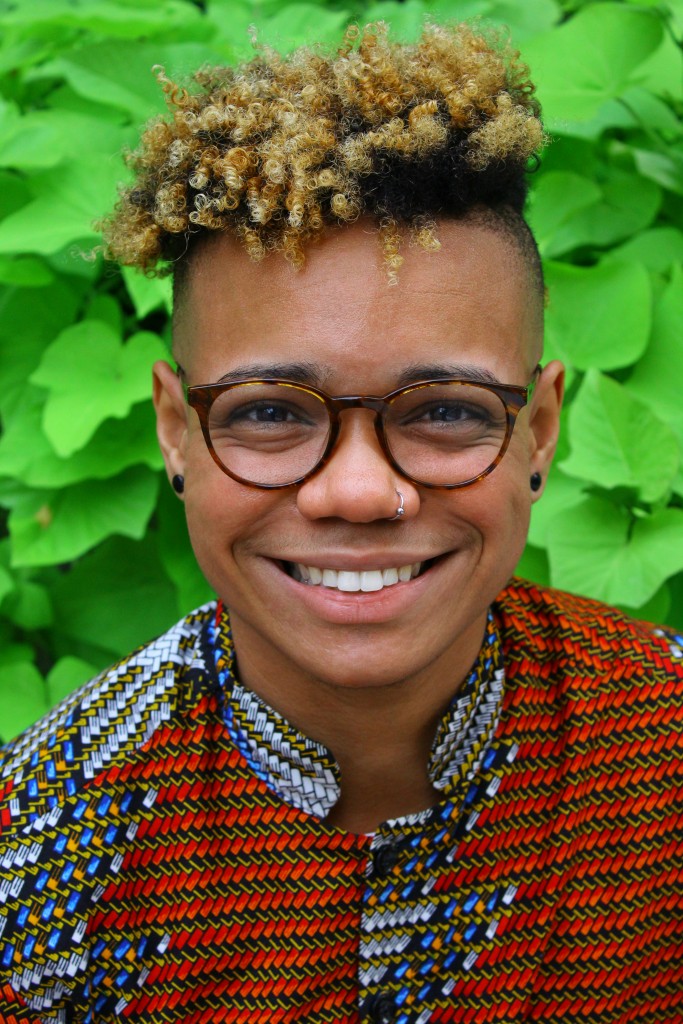1. Updike was my favorite writer when I first began to write fiction seriously in college.
2. I began a methodical study of Updike by reading everything he wrote in chronological order. Everything. Fiction, poetry, non-fiction, plays, etc. It was a lot, but I learned more from that than any workshop, MFA program or writing book.
3. Whenever I heard a new Updike interview was published, I rushed out to get it.
4. When I was at college I studied his old manuscripts he donated to his alma mater.
5. I’ve reread the Rabbit novels at least ten times, and this includes both the original and revised versions. Yes, he revised them. I preferred the older version, since he had to be cleverer with the sex scenes and cursing.
6. I was so obsessed with Updike that I constructed a huge poster chart of everything he wrote, what age he wrote them, and then I constantly compared myself to him. Of course, I fell short very quickly. By the time I was in my late twenties I couldn’t look at the chart anymore. It was too discouraging.
7. When Nicholson Baker’s U&I came out — about his obsession with Updike — Baker became a favorite writer of mine as well.
8. I learned some of my writing habits from Updike, like the morning routine, the need for separate writing spaces, the daily page quotas.
9. I also learned from Updike not to take the writing too seriously. In one interview he admitted he sent out a novel he didn’t think was that great, but it was “too good to lie fallow.” He compared it to an imperfect handmade bookshelf, that over time the faults wouldn’t be noticed. I thought, No way! That released some of the pressure for me.
10. I once asked Updike what he would do now if he were starting out as a new, young writer. He said that he’d probably write for TV. I swear he told me this. He wrote it again to me, and I have the note somewhere in my files.
11. Updike paid $19,500 for his first house. I know this because he told me.
12. When an ex read Couples and told me that Updike should be writing about angels, not suburban affairs, I was envious. I wanted her to tell me I should be writing about angels.
13. I used to have Updike interviews on tape. When I was a struggling writer in Seattle I listened to them on my Walkman at the cafe before writing.
14. I knew when Updike used old material in new books. I knew when he recycled scenes.
15. When Updike’s son published a book, I saw THE SAME SCENE from one of his father’s books replayed from a different point of view, the kid’s point of view. That was amazingly revealing.
16. When I read in Nicholson’s Baker U&I that he hadn’t read all of Updike’s work, not even all of his fiction, I worried that maybe I was a little too obsessed with Updike.
17. Updike’s mother reminded me of my mother. Both believed their sons “would fly.” Both encouraged their sons to succeed.
18. I couldn’t help crying at the end of his story “A Sandstone Farmhouse.”
19. My suspicion and uneasiness with teaching creative writing is in part based on Updike’s attitudes about it: You do it, not teach it. He taught one workshop, one semester, in his twenties, and never taught again. He said “it just made the precariousness of what I was doing all the more evident to me.”
20. When many of his novels and stories began dealing with aging and infirmity, I had trouble reading him. I didn’t want him to get old. I certainly didn’t want to think about him dying.
21. When Updike was in his late thirties he had an existential crisis, and this contributed to his becoming a Christian. When I was in my late thirties, I had an existential crisis, and this contributed to my becoming an atheist.
22. When I read that his first attempt at novel-writing was a 400-page autobiographical story that he eventually shelved, it gave me the courage to do the same thing — put aside a huge novel. I’ve since done that many times.
23. When I read that he then wanted his first novel to be short and precise, my first novel was short and precise.
24. Updike was a lonely kid. Many of his short stories about his fictionalized childhood were about lonely kids. This is what first drew me to him — his “Olinger stories.”
25. One of my favorite quotes of his, and I’m relaying this from memory since all my Updike files are at my brother’s place in Sonoma, is that he would be happy to have a career not unlike a master medieval sculptor, who “carved the undersides of church pews.” It’s the underside of the pews that was so Updikean. He was wildly successful but you knew he would write even if he wasn’t. That’s how I feel about writing, and why I admired him so much.





